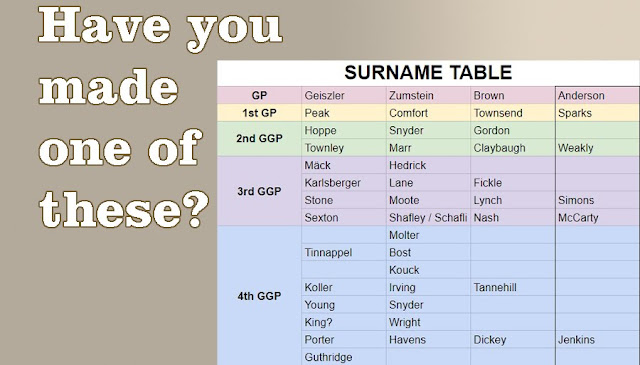Why Did You Include Stalin in Your Family History?
Question: I noticed that you added a historical fact about Stalin banishing Trotsky to the marriage story of your ancestor who married in Utah. If she wasn't Russian and not connected to Stalin or Trotsky, why on earth would you add this fact to your family's history? ~ Maralee, Cypress, Texas
Answer: Social and Political History makes genealogies more interesting by a factor of 1,000. Yep, I have scientific analysis to back it up.
Okay, not really. But our ancestors didn't live in a world boiled down to birth, marriage, and death on a chart. They lived in a world with social dynamics, economic issues, and political leaders that either helped or hindered the sense of global or regional security.
Think of the Carter years in the US and ask, were these years of positive or negative social, economic, or political stability? If you were born after 1980, your parents probably forgot to mention those years because Ronald Regan was having an impact on the world and Carter was soon forgotten.
However, my parents told me what the Carter years from their worldview. It wasn't good. When I think of the Carter years, I think of economic depression as evident of gas shortages and the Iran Hostage situation.
My parents lived in the United States and that administration's decisions impacted my family.
Now think of Churchill and describe what the world at that time. For Americans, he was the man who gave inspiring speeches in Britain as the US postponed joining in World War II. When the US finally, joined the effort, Churchill was the British Prime Minister working with Pres. Roosevelt to end the war. For Americans, the name Churchill conjures up a specific place and time and what was going on in the world. In short, naming Churchill, even if my ancestors didn't live in the UK and were not related to him provides content.
A history professor in Texas named Professor Tracey Daniels said this:
History is about context.
Context is about everything.
Without history, our genealogy is incomplete.
As such, I attempt to find world events and political leaders at the time of particular events in my ancestor's lives who can evoke setting quickly. If I say, Herbert B. Maw, do you have any idea who he is? If you know your Utah history, you might.
Herbert Maw was governor of Utah from 1941 - 1949.
That's wonderful, but he has no meaning to someone who is from Texas. Even W. Lee O'Daniel, the governor of the Lone Star state doesn't evoke any memories.
When I say Stalin, now that's a name I know. What's more, that's a name my children know. Stalin creates setting not only for Russia but the world. Including a brief mention of Stalin creates the global perspective. Then I add something that is more relevant to Utah, as that's where my ancestor lived. And then finally I take you into their specific life events and I've established the context that makes my family history more complete.
BONUS TIP: A great place to quickly find historical context is the History Channel's "This Day in History" resource. Now, this website is a step up from Wikipedia, which Prof. Daniels seriously dislikes and prefers periodicals and books, but it helps you find fun facts fast.
Do you have any questions about writing or self-publishing? Use the comment section or the contact us form and let us know. We may feature inquiry in a future blog post or video.






Comments
Post a Comment